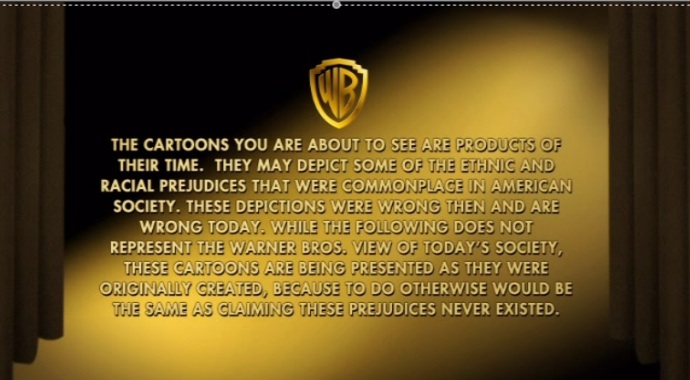Usage is always based on context, and there are a lot of simmering racial tensions in the modern American classroom. I think most of the other answers are ignoring the fact that this is a practical question, not an abstract one. There are two separate issues here: Is that word generally OK in a historical context, and is anyone likely to be offended in your class.
Unfortunately, the answer to both questions is yes. I'm assuming this is for a high school class. If so, most of your classmates probably won't have any historical context for the word, and will be likely respond to it negatively. To a certain extent, you can predict their reactions based on your own. The very fact you're asking the question means that the word makes you uncomfortable, and that you're not sure if it's offensive or not.
I think your best bet is to introduce the term very carefully, describing it as the name chosen by the leaders of the movement themselves. You'll also want give some context on how the word originally had much more positive connotations --usage of the term "Negro" was considered a big step forward at the time. After introducing the original name, however, you've done your historical duty. After that, use "Harlem Renaissance" instead, for everyone's comfort, including your own.

